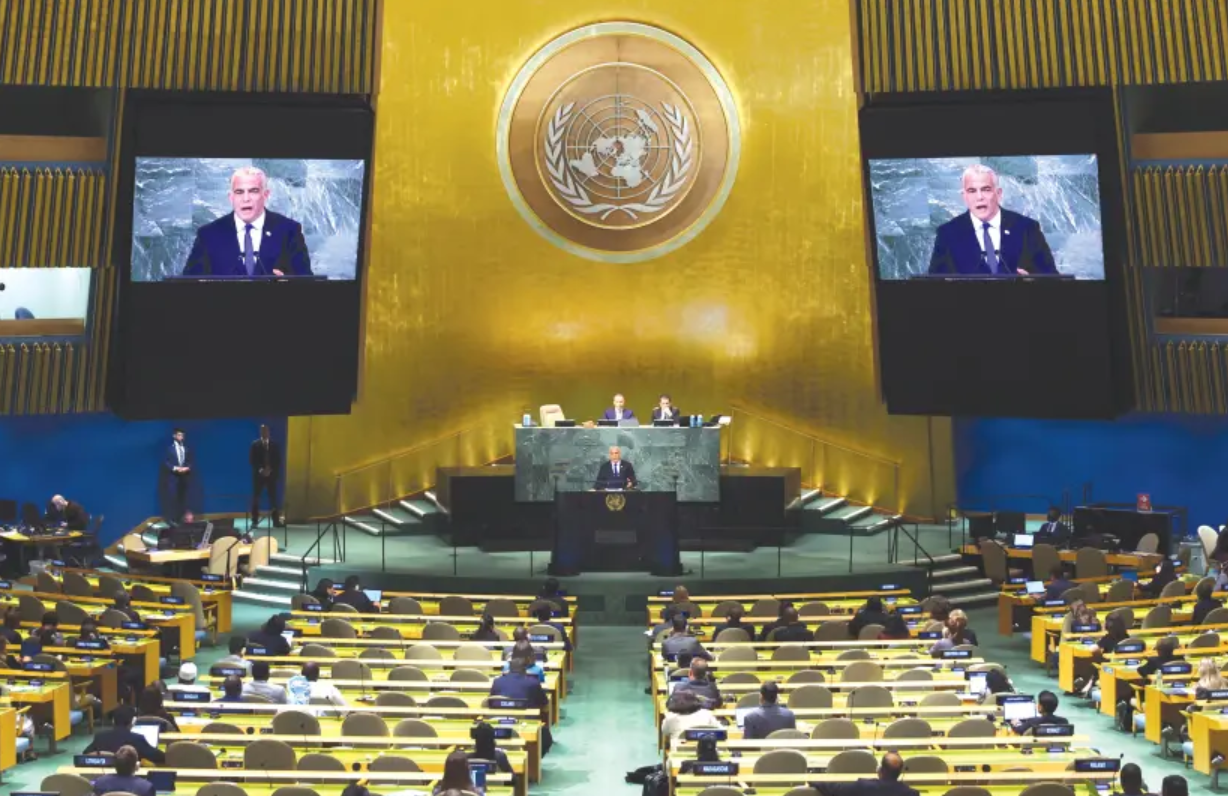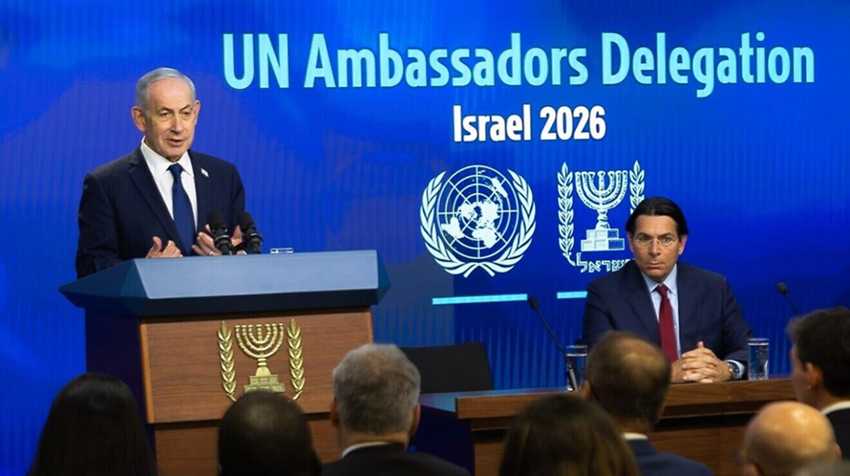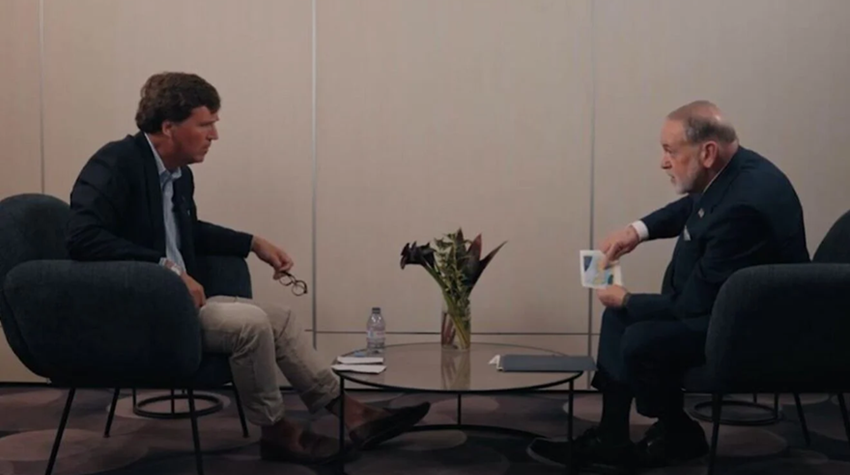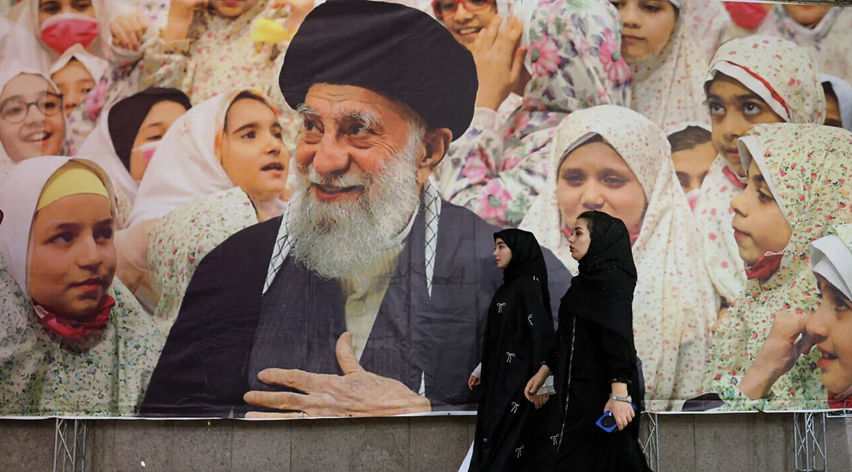Yair Lapid addresses the 77th Session of the United Nations General Assembly in NYC. Credit: Mike Segar/Reuters
Israel must dispose of all its nuclear weapons and place its nuclear sites under the International Atomic Energy Agency’s purview, the United Nations General Assembly’s First Committee stated in an initial vote.
The resolution targeted Israel but did not mention Iran.
Besides the nations that opposed Friday’s resolution on the “risk of nuclear proliferation in the Middle East” (the United States, Canada, Micronesia and Palau), another 24 countries abstained: India, Australia, United Kingdom, France, Italy, Germany, Belgium, Luxembourg, Monaco, Romania, Denmark, Poland, Hungary, Lithuania, Latvia, Estonia, Croatia, Albania, Georgia, Czech Republic, Papua New Guinea and Cameroon.
Portugal was one of the countries that voted against Israel.
The annual resolution submitted by Egypt to the UNGA in New York, sponsored by the Palestinian Authority, notes that Israel is the only country in the Middle East and one of the few among the UN’s 193 member states, which has not signed the Non-Proliferation of Nuclear Weapons Treaty (NPT).
The resolution reaffirmed “the importance of Israel’s accession to the NPT and placement of all its nuclear facilities under comprehensive international atomic Energy Nancy safeguards, in realizing the goal of universal adherence to the Treaty in the Middle East.”
It further called on Israel “to accede to the Treaty without further delay, not to develop, produce, test or otherwise acquire nuclear weapons, to renounce possession of nuclear weapons and to place all its unsafe guarded nuclear facilities under the full scope of Agency safeguards as an important confidence-building measure among all States of the region and as a step toward enhancing peace and security.”
However, the Israeli deputy ambassador to the UN Michal Maayan said the NPT is not a remedy for the “unique security challenges” of the Middle East. "Its impossible to speak of a regional security architecture around the nuclear issue in a situation where Middle East countries do not recognize Israel’s right to exist."
“Some actors in the region claim that a comprehensive security architecture can be initiated in the Middle East, without recognition of Israel’s right to exist within safe and secure borders, without reducing regional tension and the building of the necessary trust and confidence among regional states… This position is untenable,” Maayan stated.
Source: Jerusalem Post


































